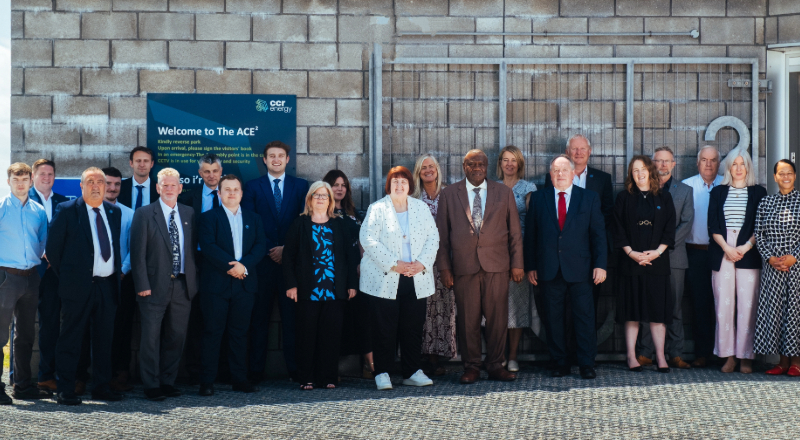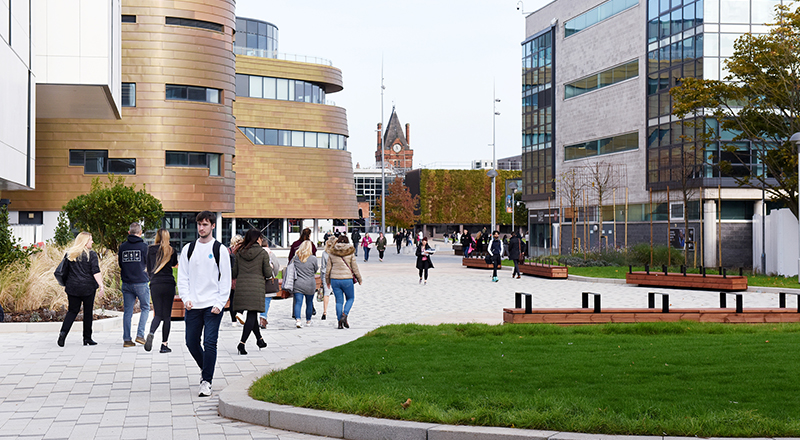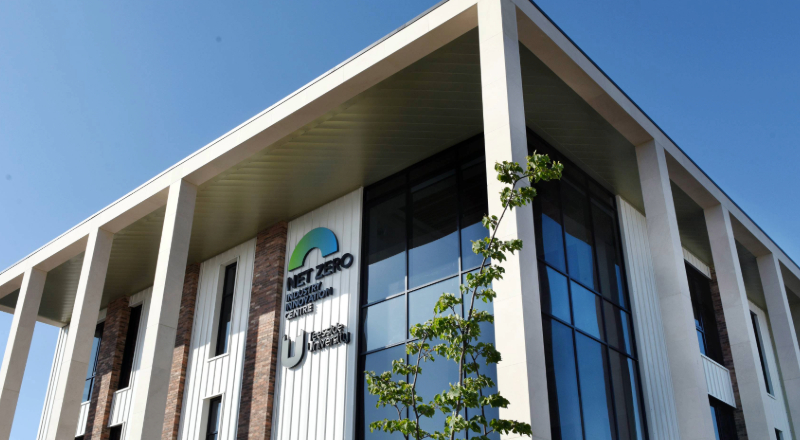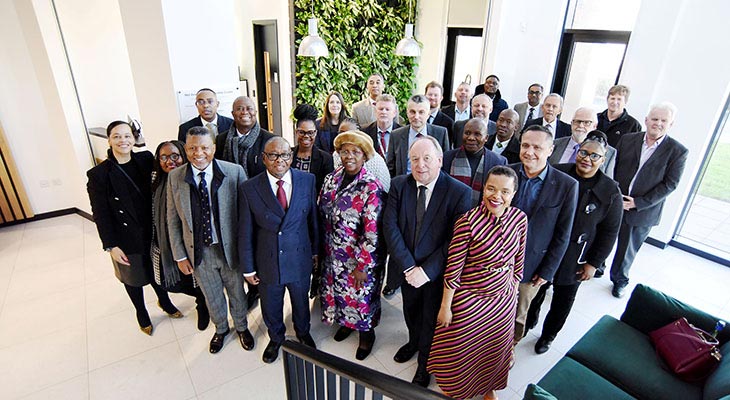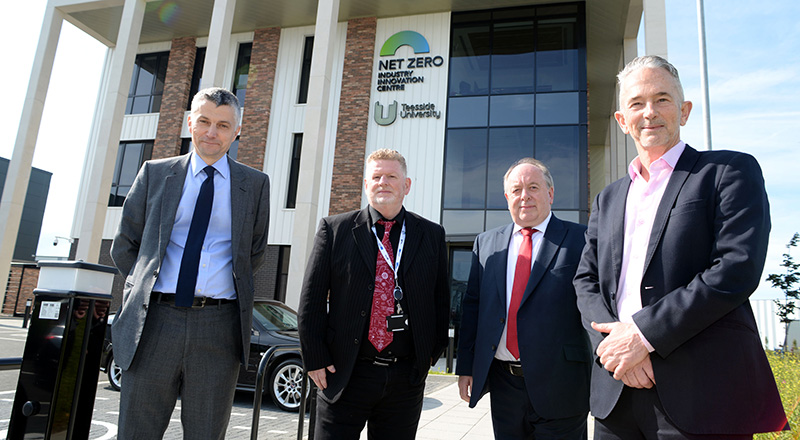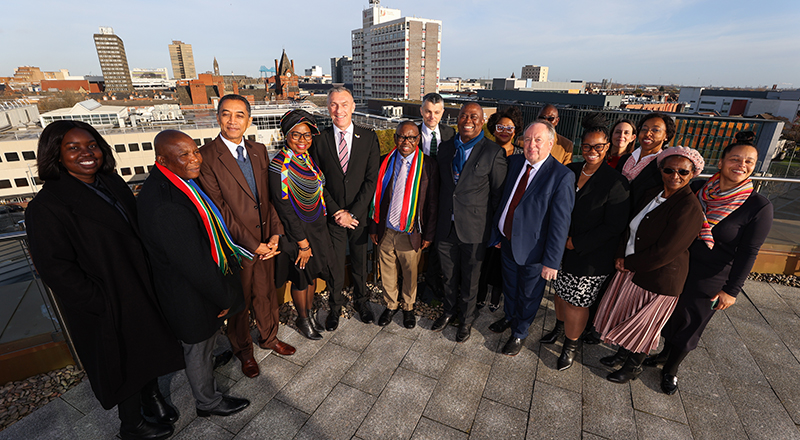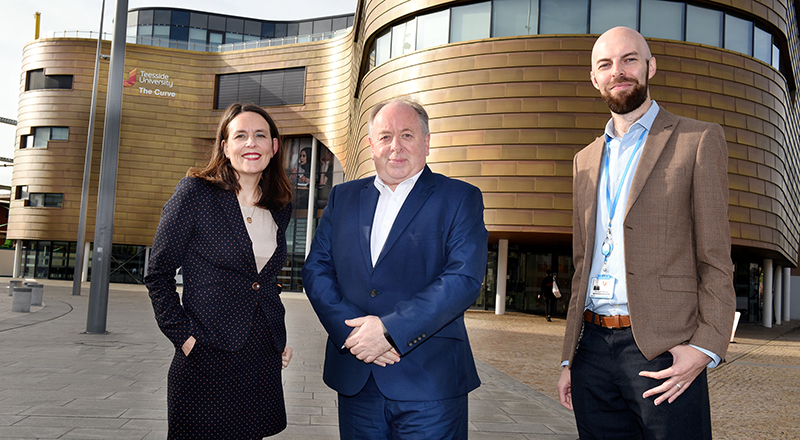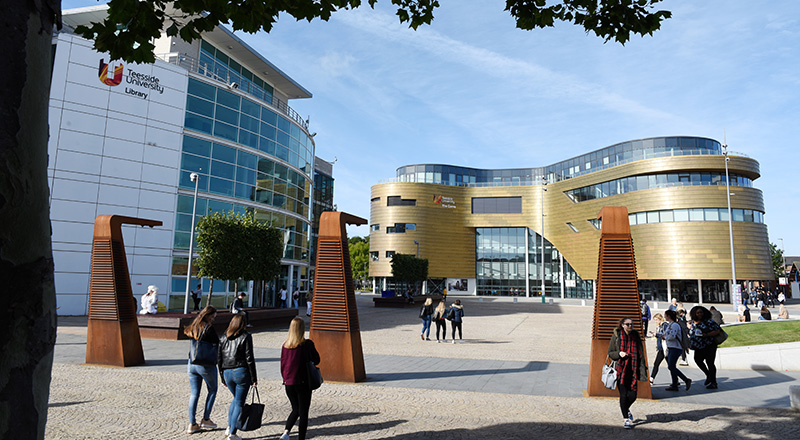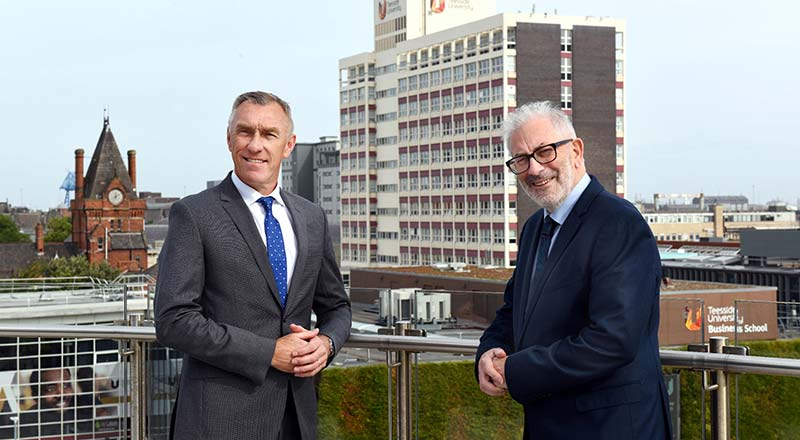Teesside Taskforce
The UK2070 Commission
 The
UK2070 Commission is an independent inquiry into city and regional inequalities in the United Kingdom. Formally launched in the House of Lords in October 2018, it was established to conduct a review of the policy and spatial issues related to the UK’s long-term city and regional development, reinforcing the devolution agenda for cities, regions and nations to maximise their potential for sustainable and inclusive growth.
The
UK2070 Commission is an independent inquiry into city and regional inequalities in the United Kingdom. Formally launched in the House of Lords in October 2018, it was established to conduct a review of the policy and spatial issues related to the UK’s long-term city and regional development, reinforcing the devolution agenda for cities, regions and nations to maximise their potential for sustainable and inclusive growth.
Teesside Taskforce
The UK2070 Commission established a programme of locally based taskforces in support of the ambition for all cities, regions and nations to be at the heart of the UK’s drive for a future greener, more inclusive economy. These collaborative partnerships enable enhanced capacity for strategic action on those matters that need a wider geographical perspective, for example, economic development and connectivity.

Once an area with a strong industrial heritage, Teesside descended into post industrial decline in the 1980s and 1990s, characterised by complex socio-economic challenge’s including high levels of unemployment, low skills and poor health that previous iterations of regional policy had not addressed. However, with the emergence of the fourth industrial revolution, the region had the potential to increase its contribution to the UK economy by over 40% and became a focus for levelling up policy.
In October 2020, the Commission’s first taskforce was established in Teesside to bring regional stakeholders together to support long-term aspirations for a major increase in the number and quality of job opportunities and enhancing the wellbeing of people living in the region.
Working with Tees Valley Combined Authority, Teesside University and other regional stakeholders, a body of evidence was collated to explore existing challenges and opportunities for growth. The report of findings and technical report found that the opportunities for growth in the region were significant but so too were the challenges. However, building on existing strengths and harnessing these opportunities there was potential to fundamentally ‘shift the dial’ of the existing narrative of the region and UK economy.
The Taskforce’s report of findings and technical report highlighted that there had already been a range of different regional initiatives implemented that were contributing to the region’s role at the forefront of the UK’s green industrial revolution and there was opportunity to build a corridor of growth. The report advocated for the development of a shared vision for the region and set out a framework for Tees Valley to ‘go big’ in delivering green growth, building on its strengths, knowledge and local distinctness to strengthen and enhance the national and international role of the region, exporting knowledge and expertise, collaborating with global partners and encouraging continued investment into the region.
The report acknowledged and highlighted the University’s valuable role as an anchor institution and recommended that the University become a global centre of excellence for Net Zero. Since then, Teesside University has worked closely with the UK2070 Commission, leading the Teesside Taskforce, supporting the development of its taskforce programme more widely and establishing networks and partnerships nationally and globally, elevating not only the University’s but the region’s work and expertise in this area.
Work to date
The UK2070 Commission and stakeholders in South Africa realised the synergies and potential opportunities between Teesside and South Africa. As result, the Department for Science and Innovation (SA) gave evidence to the Teesside Taskforce and since then a programme of collaboration has evolved.
Over the last two years, several South Africa/UK missions have taken place as part of the UK2070 Commission Taskforce Programme. These missions have established strategic partnerships across Net Zero and the hydrogen economy, strengthening ties with several South African universities and opening up avenues for joint research and innovative solutions to address urgent global challenges and potential trade relationships.
In November 2022, Teesside University signed an MoU with Stellenbosch University in the House of Lords and has twice hosted a South African delegation (including the South African Minister for Higher Education and Science and his officials) at Teesside University.
Following the signing of the MoU, TU has made significant progress developing relationships with several partners in South Africa including Stellenbosch University, Nelson Mandela University, University of Pretoria and Tshwane University of Technology, as well as the Department for Science and Innovation and the Presidential Climate Commission. This has culminated in two visits to South Africa in April 2023 and March 2024 which have further cemented these relationships.
During the latest visit in March 2024, Teesside University signed a Memorandum of Understanding with Tshwane University of Technology.
In the coming months Teesside University and partners will be working together on a range of activities including, joint PhDs and scholarly activity, as well as joint funding bids.
